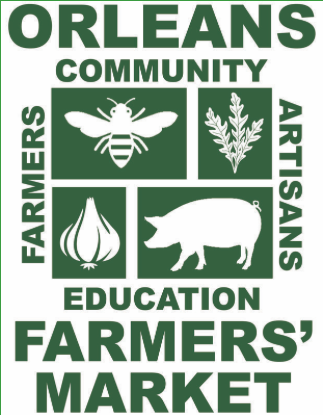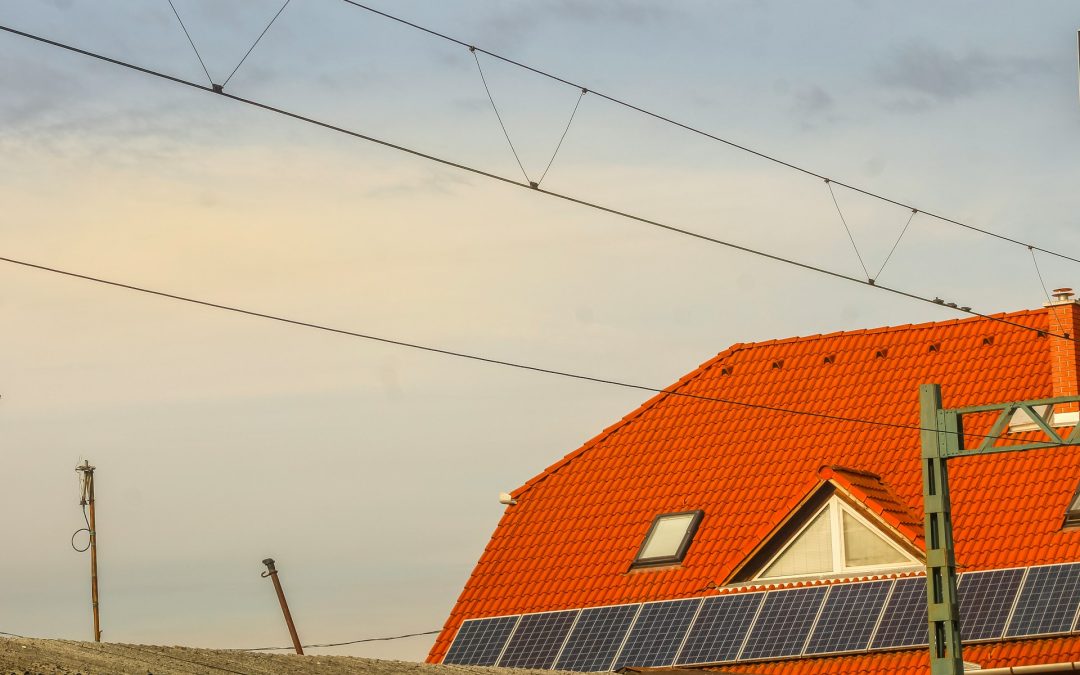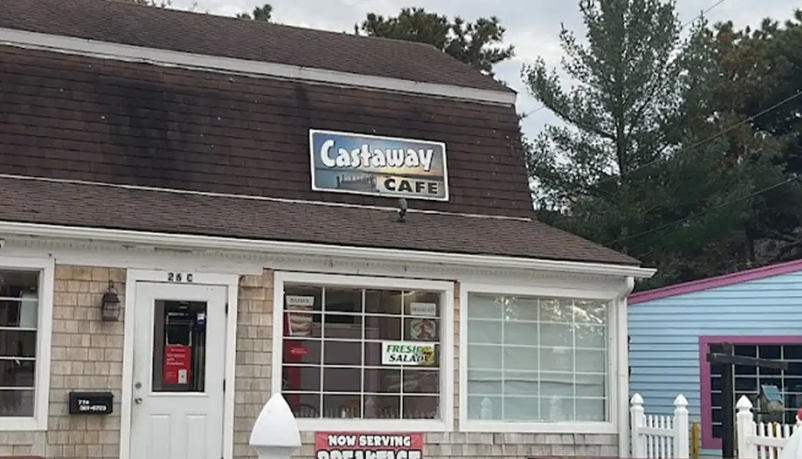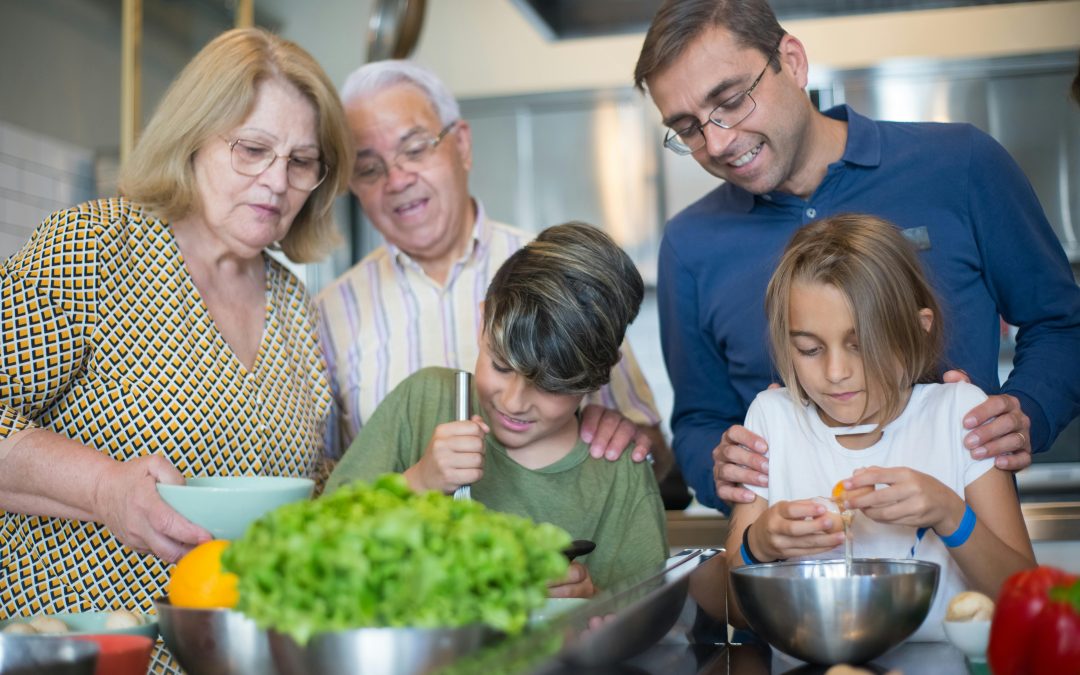For over three decades, the Orleans Farmers’ Market has been a key player in sustainable agriculture on Cape Cod, connecting local farmers directly with community members eager for fresh, responsibly grown food. Now in its 31st year, this year-round market is more than just a place to buy produce—it has become an incubator for agricultural innovation and environmental stewardship in a region facing unique ecological challenges.
As Cape Cod confronts issues from soil degradation to declining pollinator populations, the market’s vendors are stepping up with solutions that benefit both the local ecosystem and dinner tables across the region. “From Soil to Table” isn’t just a catchy phrase here—it’s a philosophy guiding farmers who understand that healthy communities begin with healthy soils and sustainable growing practices.
Buzzing With Purpose: The Orleans Farmers’ Market Sustainability Initiative
Every Saturday morning, the Orleans Farmers’ Market transforms into a center of agricultural innovation where 15-20 weekly vendors showcase not just their produce but their commitment to regenerative farming. These farmers, many of whom have been working Cape Cod soil for generations, are blending traditional knowledge with modern ecological understanding.
“We’re not just growing food; we’re rebuilding Cape Cod’s agricultural heritage using methods that will ensure these farms are productive for generations to come,” explains one longtime vendor who has transitioned from conventional to regenerative techniques over the past decade.
The market’s sustainability initiative has become particularly focused on pollinator support programs, recognizing that without healthy insect populations, local agriculture cannot thrive. Market organizers have partnered with regional conservation groups to distribute native pollinator plant seedlings and education materials to both farmers and customers.
This collaboration highlights the interconnectedness of farming ecosystems—where the practices that benefit bees and butterflies ultimately result in more abundant harvests and more nutritious food. Several farmers have reported increased yields after establishing dedicated pollinator habitats on their properties, demonstrating that environmental stewardship and productive farming can coexist.
From Soil to Table: How Orleans Farmers’ Market Vendors Are Cultivating Change
At the center of the Orleans Farmers’ Market’s educational outreach is the “It’s All About the Soil” campaign, which teaches consumers practical ways to build soil health in their own yards and gardens. The market offers regular workshops demonstrating how simple practices like leaving grass clippings, eliminating chemical lawn treatments, and adding compost can create what farmers call a “soil sponge”—a living ecosystem that naturally retains water and nourishes plants.
“Most people don’t realize that a handful of healthy soil contains more microorganisms than there are humans on Earth,” notes one soil educator who volunteers at the market. “These microbes are the real farmers, partnering with plants to produce nutrient-dense food.”
Beyond education, market vendors are taking concrete action to address the alarming decline in insect populations documented globally. Several farms have implemented significant native pollinator plantings, creating buffer zones around their production areas that serve as a habitat for beneficial insects. Others have transitioned completely away from chemical pesticides and herbicides, instead relying on ecological balance and biodiversity to manage pests.
These changes aren’t just environmentally sound—they’re economically viable too. Farmers report that while the transition can be challenging, the resulting crops are more resilient to weather extremes and often command premium prices from consumers who value chemical-free growing methods. As one farmer put it, “When we support the smallest creatures in our fields, we end up with the strongest community at our table.”






